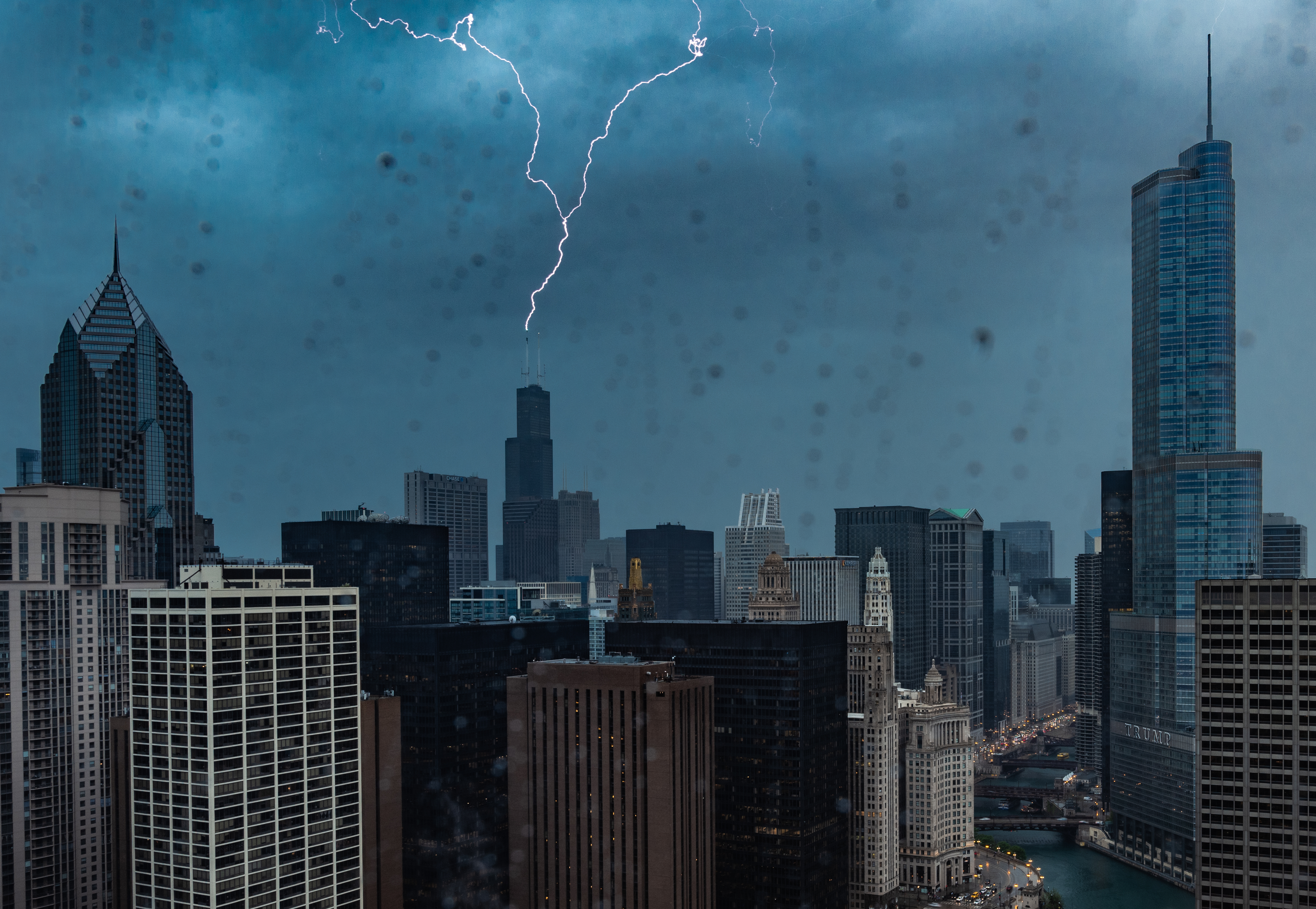Have you ever seen what happens once a cicada emerges from the ground?
No, they don't come out of the ground looking like the dark-bodied, red-eyed insects many have come to recognize.
In fact, once they shed their hard exoskeleton, much still needs to happen before they look like the cicadas you know.
That transition was captured recently on captivating time lapse footage that will have many stunned. (watch above)
According to experts, cicadas are actually white as they begin transitioning into their adult bodies.

"The nymphs typically emerge from the soil in the evening and climb up trees or other objects and molt, leaving behind the familiar cicada shells or shed exoskeleton," the University of Illinois reported. "After the adults emerge, they are white and soft-bodied."
Local
But that appearance will quickly shift.
According to the U of I, cicadas' bodies "will darken and harden overnight."
Feeling out of the loop? We'll catch you up on the Chicago news you need to know. Sign up for the weekly Chicago Catch-Up newsletter here.
But not all cicadas will transform into the look many expect.
In a far less common sighting, a rare blue-eyed cicada was reportedly spotted in a Chicago suburb over the weekend.

Experts said blue-eyed cicadas have been seen before, but such sightings are rare.
"One in a million," said Dr. Gene Kritsky, dean of Behavioral and Natural Sciences at Mount St. Joseph University in Cincinnati.
Kritsky, who designed an app that tracks cicadas in the U.S. called Cicada Safari, said the image from Orland Park is one of only two he has seen so far this year out of 40,000 reports. In previous emergences, he said he's seen two or three such cicada images come through out of 500,000 submissions.
The cause of the pigment change or mutation remains unclear, Kritsky said.
The current emergence is a historic one as it involves two broods of cicadas - Brood XIII and Brood XIX - emerging simultaneously for the first time in more than 220 years.
"This is like the year for Illinois," cicada expert Catherine Dana, an affiliate with the Illinois Natural History Survey, told NBC Chicago. "We are going to have cicadas emerging all over the state."
Warm weekend temperatures likely sparked an increase in the emergence in the Chicago area, as experts said cicadas would emerge in larger amounts once ground temperatures reached 64 degrees.



